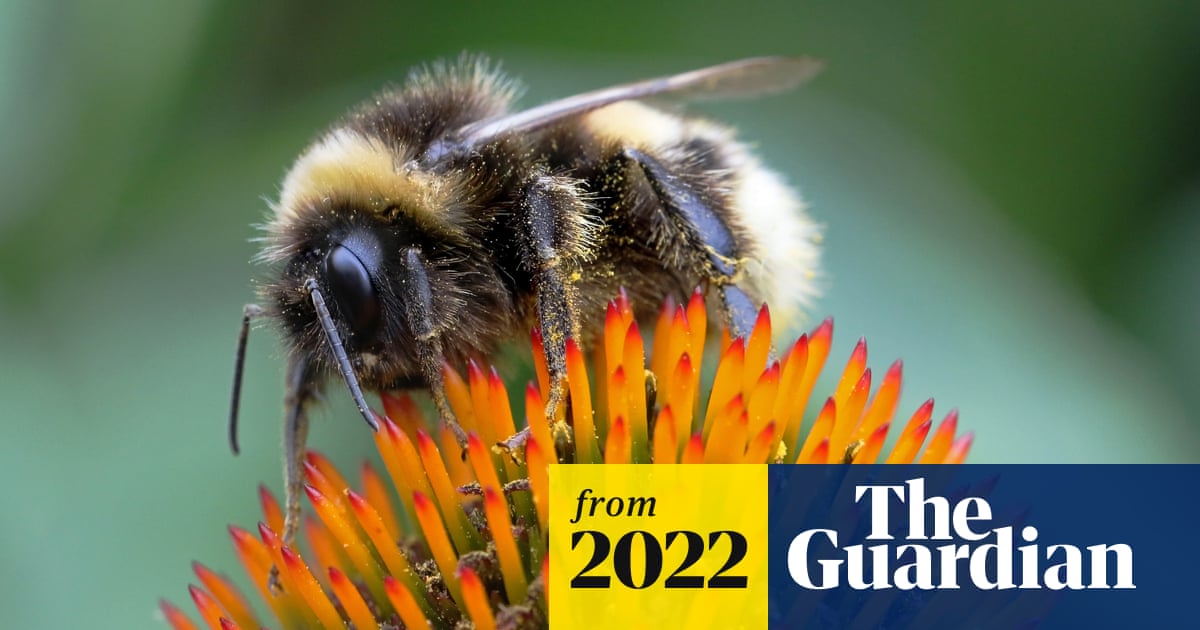- Oct 20, 2022
- 8,738
Most of us are in the same boat re pesticides, but there are occasions when there's no other sensible alternative.
I think it can be avoided if you are able and willing to put in the time and labour but it’s not easy!
I had widespread invasive ground elder, ragwort and ivy spreading from land next door when I bought my house that took a couple of seasons of constant weeding/pulling up to get rid of - The ragwort had taken over the lawn and ground elder covered the flower beds but hard work digging over over soil, removing all roots (cleaning soil) , digging ragwort out of the lawn and growing plants that prevented light so elder couldn’t grow did the job in the end.
Have never used pesticides in my garden and never will - I have birds, hedgehogs, toads, bats and frogs all who rely on my garden for food - I plant everything for bees and other insects and they would be harmed/killed by pesticides or impact other wildlife by secondary poisoning from eating them.
Bees especially can be harmed by weedkiller pesticides - I work in an environment where I’m reminded daily of our now critical population crashes in bees and decline in other insects - we need to find alternative means to manage pests/weeds if possible even when it’s more labour intensive than walking around spraying stuff.

Glyphosate weedkiller damages wild bee colonies, study reveals
Most widely used pesticide in history harms critical ability of bumblebee to regulate nest temperature
(The only time I would consider it justified is for Japanese Knotweed but then thats a job for the Council)
